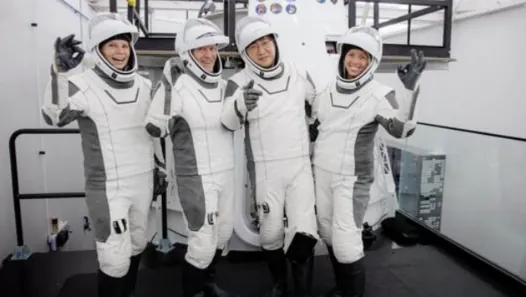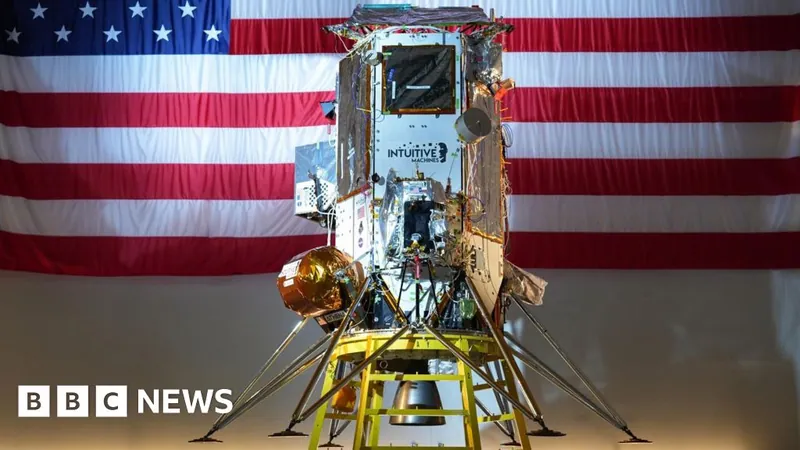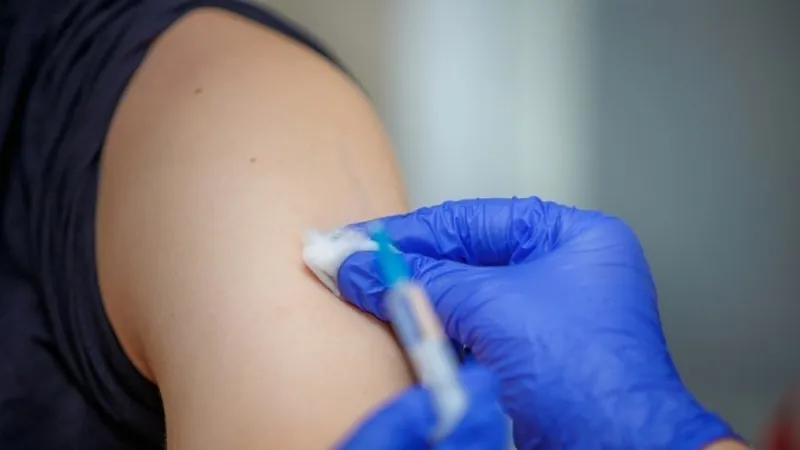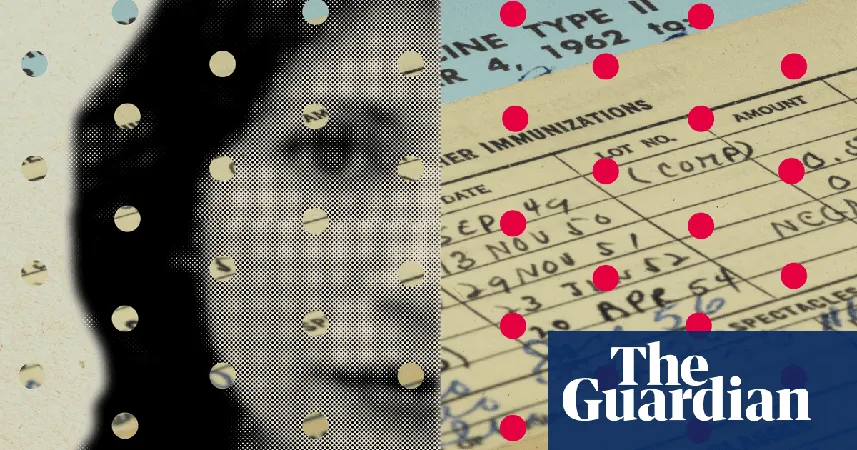
No Brains, No Pain: Scientists Pioneering Lab-Grown ‘Spare’ Human Bodies for Breakthrough Medical Treatments
2025-04-03
Author: Olivia
A Novel Biological Solution to Critical Medical Shortages
One of the most daunting challenges in the biomedical field is the ethical and logistical scarcity of human biological materials, impacting everything from organ transplants to drug development. In the United States alone, over 100,000 individuals are currently awaiting solid organ transplants, illustrating a dire need for new solutions.
The traditional dependence on animal testing and the sluggish pace of human clinical trials stem from this same scarcity. Human tissues, which are essential for testing new treatments, are not only difficult to ethically source but also slow down the advancement of medical therapies.
To combat this issue, scientists are turning to pluripotent stem cells, which can differentiate into any type of tissue. By employing these cells alongside cutting-edge technologies like artificial wombs, researchers are dedicating their efforts to producing structures that imitate early-stage human embryos. By incorporating genetic modifications to inhibit brain development, these structures can potentially evolve into complete human bodies that are entirely cultivated outside of a womb—without the ability to think, feel, or experience pain.
The Rise of Consciousness-Free Human Models
These innovative structures, dubbed bodyoids, have the potential to serve as ethical biological systems for scientific research. As they would lack neural pathways, bodyoids could circumvent the moral dilemmas associated with human experimentation. Recent advances in biotechnology have paved the way for creating living human bodies devoid of the neural components responsible for thought and awareness, significantly reducing ethical concerns.
Researchers envision using bodyoids to generate transplant-ready organs precisely matched to a patient's DNA, effectively eliminating the risk of immune rejection. Since these tissues derive from a patient's own stem cells, the body would recognize them as its own, negating the need for long-term immunosuppressive medications, which carry risks of their own. Moreover, such a system could facilitate drug testing using patient-specific models, thus advancing the burgeoning field of personalized medicine.
Navigating Ethical Concerns and Scientific Challenges
Nevertheless, the concept of bodyoids raises significant ethical questions. The idea of crafting human-like forms that lack consciousness prompts profound moral discomfort. While medical science has long utilized tissues from deceased individuals and conducted research on "animated cadavers," the notion of fashioning entire human bodies from scratch brings forth complex moral issues about human identity and worth.
A critical concern revolves around consent. Bodyoids require the cells of living individuals, who must fully understand and agree to their use—a process fraught with emotional and cultural implications. There is also the question of whether bodyoids could survive without brain function long enough to serve medical purposes and whether they could adequately replicate human biology without any neural input. Many challenges remain, and the feasibility is still in question.
Potential Beyond Human Applications: A New Era in Agriculture
Interestingly, the concept of bodyoids isn't limited to human applications. The methodology could extend to the animal kingdom, offering a way to produce lab-grown meat or other animal-derived products without harming sentient beings. This approach could represent a more humane alternative to traditional factory farming, providing sustainable food sources while minimizing suffering.
Though no full-fledged bodyoids have yet been developed, the convergence of various technologies—stem cells, synthetic embryos, gene editing, and artificial gestation—means the possibility is more than just a futuristic dream.
Researchers argue that it is crucial for governments, investors, and ethical boards to start engaging with the implications of this technology now. While still in its infancy, the momentum this research is gaining indicates it will soon demand serious scientific discourse and policy reforms to navigate its potential impact on society.
As we stand at the edge of this new frontier, the promise of lab-grown human bodies could redefine the landscape of medicine, ethics, and even our relationship with the living world—ushering in a wave of medical miracles that may one day be realized.









 Brasil (PT)
Brasil (PT)
 Canada (EN)
Canada (EN)
 Chile (ES)
Chile (ES)
 Česko (CS)
Česko (CS)
 대한민국 (KO)
대한민국 (KO)
 España (ES)
España (ES)
 France (FR)
France (FR)
 Hong Kong (EN)
Hong Kong (EN)
 Italia (IT)
Italia (IT)
 日本 (JA)
日本 (JA)
 Magyarország (HU)
Magyarország (HU)
 Norge (NO)
Norge (NO)
 Polska (PL)
Polska (PL)
 Schweiz (DE)
Schweiz (DE)
 Singapore (EN)
Singapore (EN)
 Sverige (SV)
Sverige (SV)
 Suomi (FI)
Suomi (FI)
 Türkiye (TR)
Türkiye (TR)
 الإمارات العربية المتحدة (AR)
الإمارات العربية المتحدة (AR)